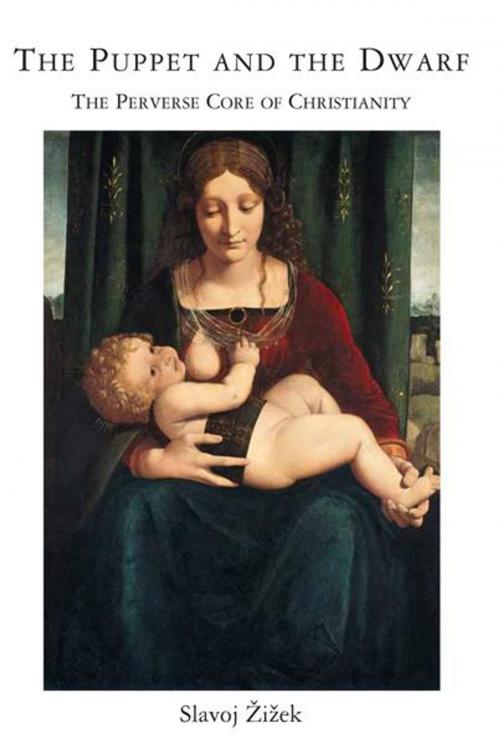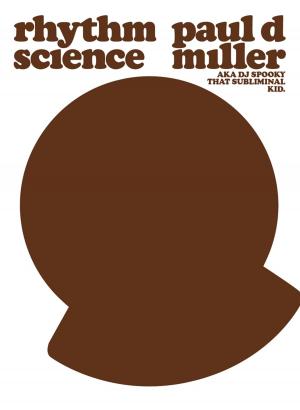The Puppet and the Dwarf
The Perverse Core of Christianity
Nonfiction, Health & Well Being, Psychology, Psychoanalysis, Religion & Spirituality, Bible & Bible Studies, Criticism & Interpretation| Author: | Slavoj Žižek | ISBN: | 9780262261302 |
| Publisher: | The MIT Press | Publication: | August 29, 2003 |
| Imprint: | The MIT Press | Language: | English |
| Author: | Slavoj Žižek |
| ISBN: | 9780262261302 |
| Publisher: | The MIT Press |
| Publication: | August 29, 2003 |
| Imprint: | The MIT Press |
| Language: | English |
One of our most daring intellectuals offers a Lacanian interpretation of religion, finding that early Christianity was the first revolutionary collective.
Slavoj Žižek has been called "an academic rock star" and "the wild man of theory"; his writing mixes astonishing erudition and references to pop culture in order to dissect current intellectual pieties. In The Puppet and the Dwarf he offers a close reading of today's religious constellation from the viewpoint of Lacanian psychoanalysis. He critically confronts both predominant versions of today's spirituality—New Age gnosticism and deconstructionist-Levinasian Judaism—and then tries to redeem the "materialist" kernel of Christianity. His reading of Christianity is explicitly political, discerning in the Pauline community of believers the first version of a revolutionary collective. Since today even advocates of Enlightenment like Jurgen Habermas acknowledge that a religious vision is needed to ground our ethical and political stance in a "postsecular" age, this book—with a stance that is clearly materialist and at the same time indebted to the core of the Christian legacy—is certain to stir controversy.
One of our most daring intellectuals offers a Lacanian interpretation of religion, finding that early Christianity was the first revolutionary collective.
Slavoj Žižek has been called "an academic rock star" and "the wild man of theory"; his writing mixes astonishing erudition and references to pop culture in order to dissect current intellectual pieties. In The Puppet and the Dwarf he offers a close reading of today's religious constellation from the viewpoint of Lacanian psychoanalysis. He critically confronts both predominant versions of today's spirituality—New Age gnosticism and deconstructionist-Levinasian Judaism—and then tries to redeem the "materialist" kernel of Christianity. His reading of Christianity is explicitly political, discerning in the Pauline community of believers the first version of a revolutionary collective. Since today even advocates of Enlightenment like Jurgen Habermas acknowledge that a religious vision is needed to ground our ethical and political stance in a "postsecular" age, this book—with a stance that is clearly materialist and at the same time indebted to the core of the Christian legacy—is certain to stir controversy.















